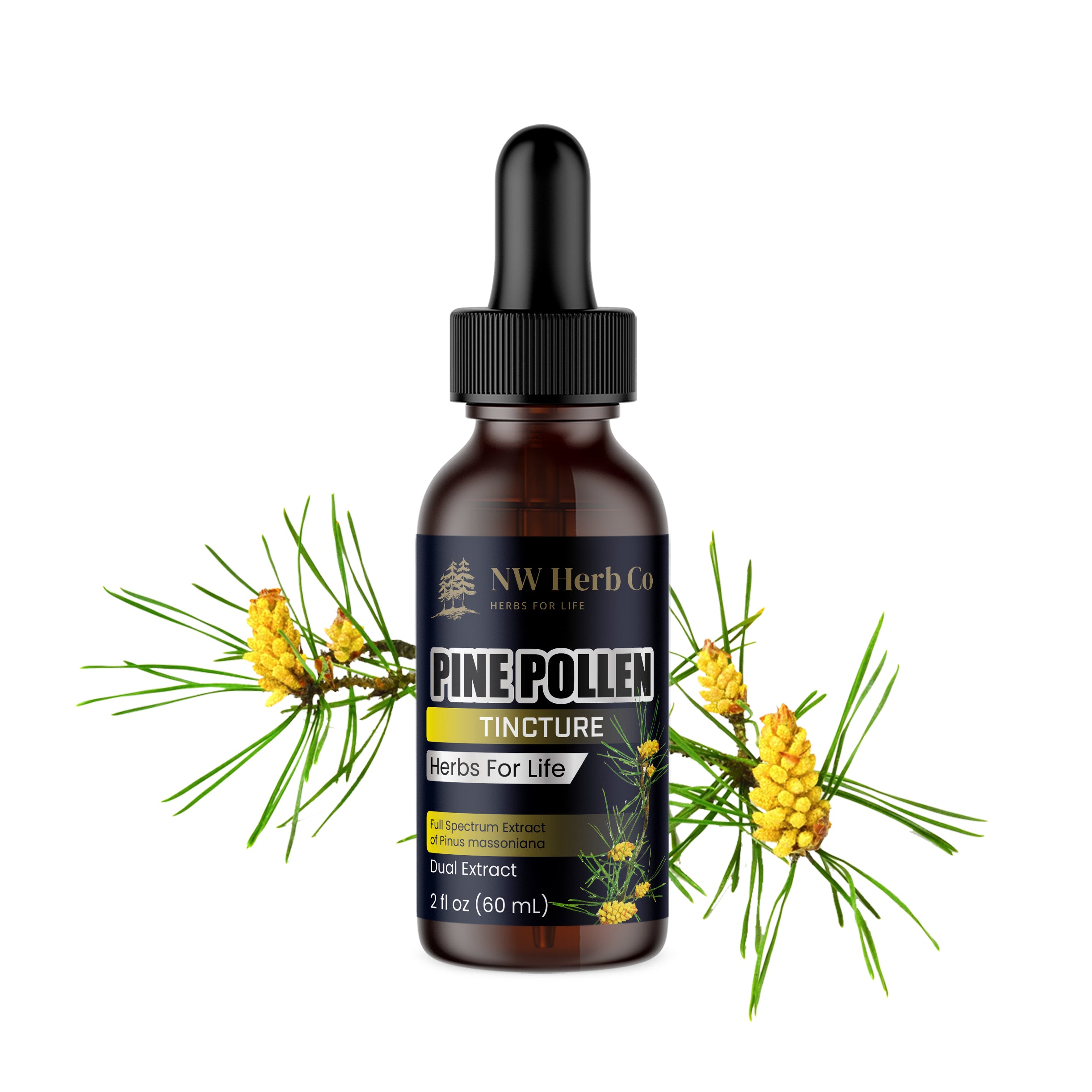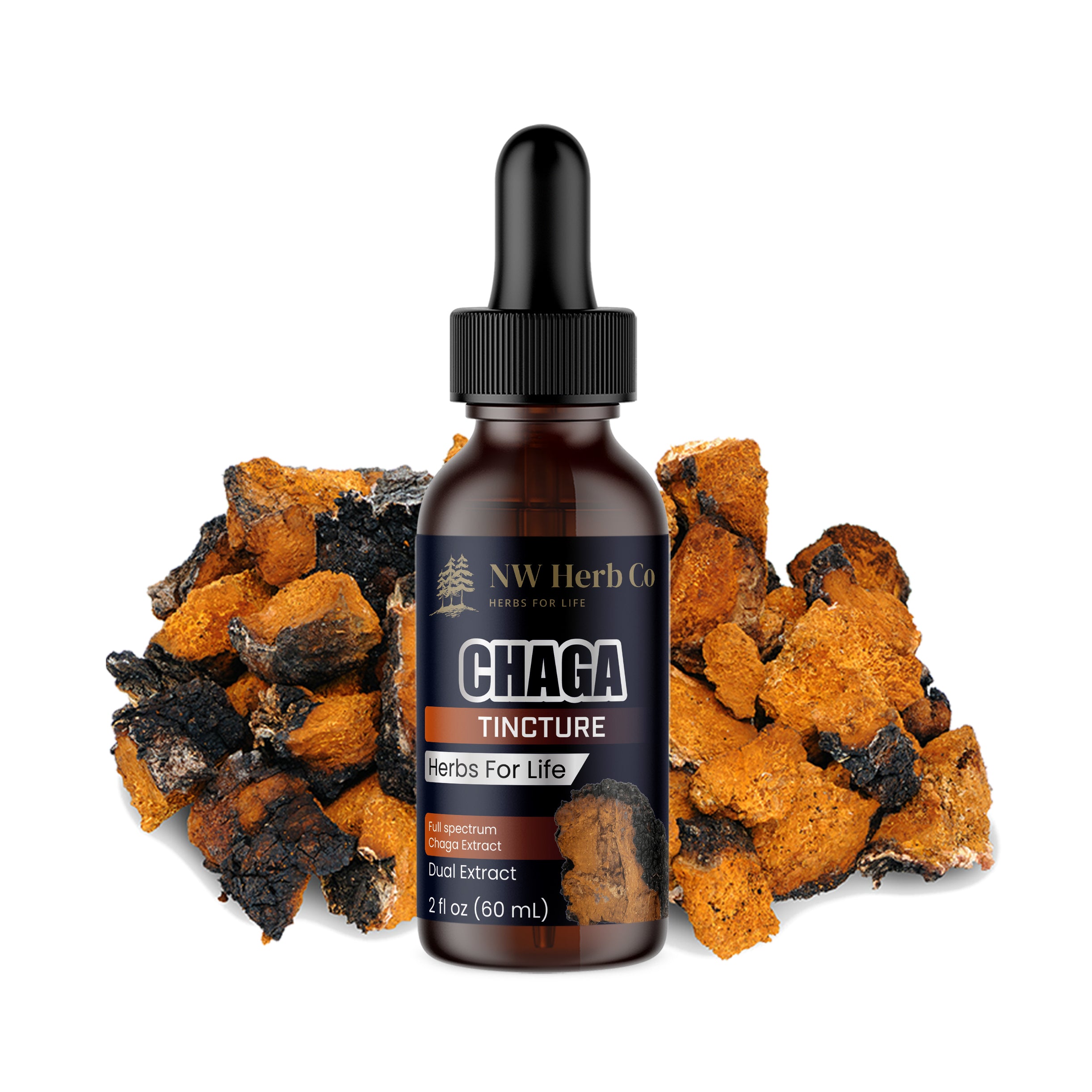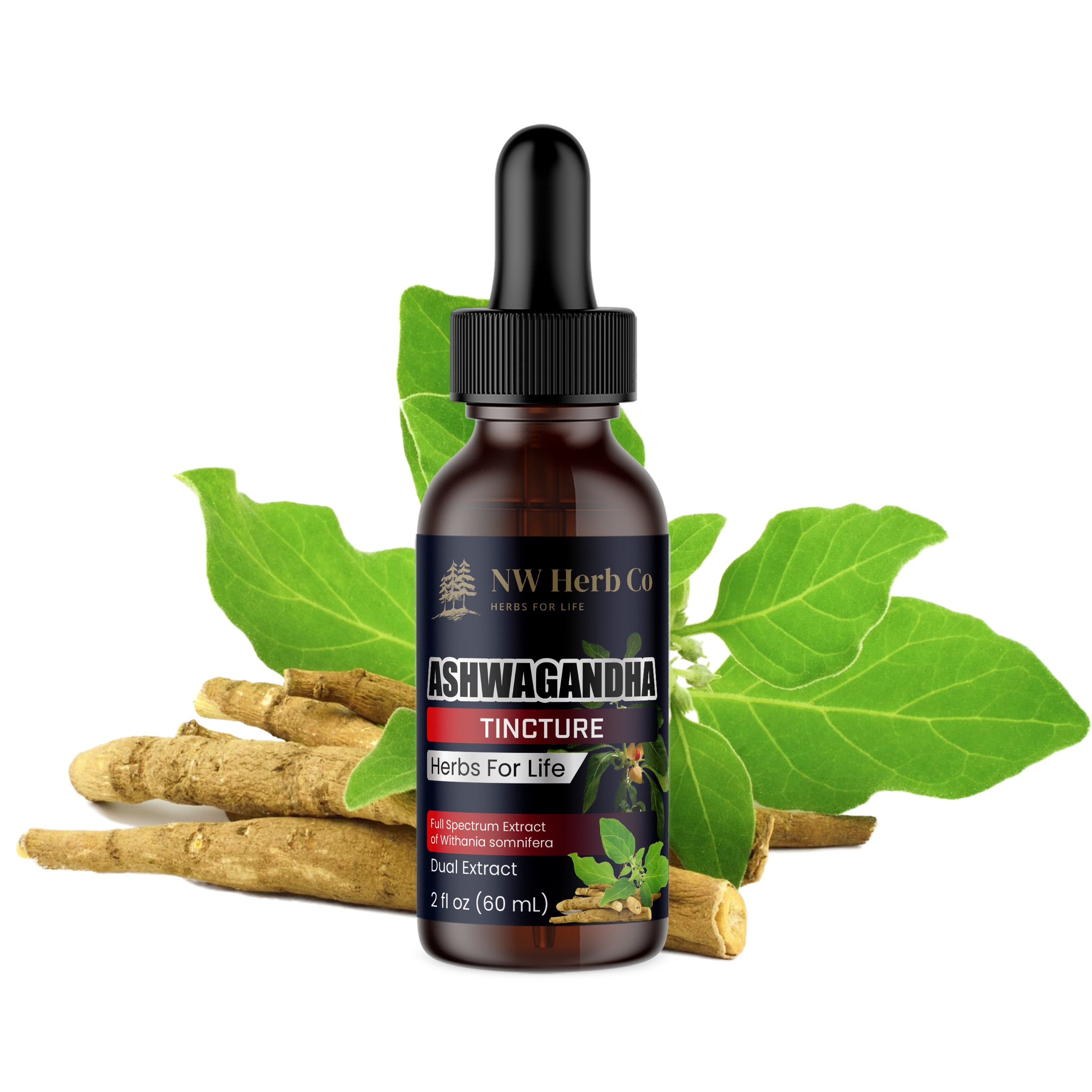
Pine Pollen: A Superfood for Vitality and Wellness
Pine pollen, the yellow dust that falls from pine trees during the spring, has been used in traditional Chinese medicine for thousands of years. Considered a powerful adaptogen and nutrient-dense superfood, pine pollen is packed with vitamins, minerals, and bioactive compounds that promote overall health and well-being. Its popularity has surged in recent years, particularly for its potential to naturally boost testosterone levels, improve immune function, and support anti-aging.
In this blog post, we’ll explore the unique properties of pine pollen, its health benefits, and how to incorporate it into your daily routine.
What is Pine Pollen?
Pine pollen is the male spore of pine trees, specifically from species like Pinus massoniana, Pinus sylvestris, and Pinus tabulaeformis. It’s often collected from pine cones and contains a wide array of nutrients, including:
- Amino Acids: Pine pollen contains over 20 amino acids, making it a complete protein source.
- Vitamins: It is rich in vitamins A, B, D, and E.
- Minerals: Pine pollen contains essential minerals like magnesium, zinc, calcium, and iron.
- Hormones: One of its most unique properties is the presence of phytoandrogens, plant-based hormones that mimic human testosterone.
Thanks to this nutrient profile, pine pollen has been used to combat fatigue, promote longevity, and support reproductive health.
Key Health Benefits of Pine Pollen
- Natural Testosterone Booster
One of the most talked-about benefits of pine pollen is its ability to help naturally boost testosterone levels. Pine pollen contains phytoandrogens such as testosterone, androstenedione, DHEA, and androsterone, which can mimic human hormones. This has made pine pollen a popular supplement among men looking to support hormonal health, energy, and libido.
A study published in Rejuvenation Research suggests that phytoandrogens can be useful in mitigating age-related declines in testosterone, potentially supporting improved energy, mood, and muscle mass .
However, it's important to note that more human studies are needed to confirm these effects, and you should consult a healthcare provider before using pine pollen for hormonal purposes, especially if you have hormone-sensitive conditions.
- Supports Immune Function
Pine pollen is packed with antioxidants and anti-inflammatory compounds that can help bolster the immune system. In particular, the polysaccharides in pine pollen are known for their immune-modulating properties. These compounds help stimulate immune cells like macrophages and natural killer (NK) cells, which play a key role in fighting off pathogens and infections.
A study in the Journal of Ethnopharmacology found that pine pollen polysaccharides had a significant immune-enhancing effect in mice by improving macrophage activity and overall immune response .
- Rich in Antioxidants for Anti-Aging
Pine pollen’s high concentration of antioxidants—including superoxide dismutase (SOD)—can help neutralize free radicals in the body, which are known to accelerate aging. By reducing oxidative stress, these antioxidants can protect cells from damage and promote healthier, younger-looking skin. This makes pine pollen particularly popular in anti-aging formulas and skincare products.
A study published in the journal Phytotherapy Research demonstrated that pine pollen extract exhibited significant antioxidant activity, which may help slow the aging process and protect against degenerative diseases .
- Balances Hormones
Pine pollen isn't just for men—it can also be beneficial for women. Its adaptogenic properties help the body maintain hormonal balance by either increasing or decreasing the production of certain hormones, depending on what the body needs. This can be particularly helpful for women going through menopause or experiencing hormonal fluctuations.
Additionally, pine pollen is thought to help regulate estrogen levels, which can be beneficial for both men and women, especially for those looking to maintain balanced hormonal health naturally.
- Boosts Energy and Stamina
Due to its rich nutrient profile, pine pollen is often used as a natural energy booster. Its high amino acid content supports muscle growth and repair, while its vitamins and minerals help fight fatigue and promote sustained energy levels throughout the day.
For athletes or those who lead active lifestyles, pine pollen may offer an all-natural solution to enhancing performance and recovery.
How to Use Pine Pollen
Pine pollen is available in various forms, making it easy to incorporate into your routine:
-
Pine Pollen Tincture:
- Tinctures are a more concentrated form of pine pollen and are often used for their hormonal benefits, as the alcohol-based extraction can enhance the bioavailability of the Phytoandrogens.
- How to Use: Add a few drops under the tongue or mix into water or tea. Tinctures are particularly effective for those seeking hormonal support.
Is Pine Pollen Safe?
For most people, pine pollen is safe when taken in moderate amounts. However, since pine pollen does contain phytoandrogens, individuals with hormone-sensitive conditions (such as prostate cancer or certain forms of breast cancer) should consult with a healthcare professional before using it.
Additionally, if you have allergies to pollen, you may want to exercise caution, as pine pollen could potentially trigger allergic reactions in sensitive individuals.
The Bottom Line
Pine pollen is an incredibly versatile and nutrient-dense superfood that can provide a range of health benefits, from supporting immune function to promoting hormonal balance. Whether you’re looking to boost energy, improve vitality, or naturally enhance your testosterone levels, pine pollen is worth considering as part of your wellness routine.
Always ensure you choose a high-quality, sustainably harvested pine pollen product to get the maximum benefits.
References:
- Daley, M. (2004). Phytoandrogens and Their Potential Role in Modulating Testosterone Levels: A Review. Rejuvenation Research, 7(3), 239–244.
- Li, Z., Fan, Z., Liu, P., & Deng, Y. (2009). Immunomodulatory activity of polysaccharides isolated from pine pollen in mice. Journal of Ethnopharmacology, 123(2), 230–235.
- Zhang, H., Li, L., & Wu, F. (2013). Antioxidant potential of pine pollen extract in aging and oxidative stress models. Phytotherapy Research, 27(8), 1220–1226.


